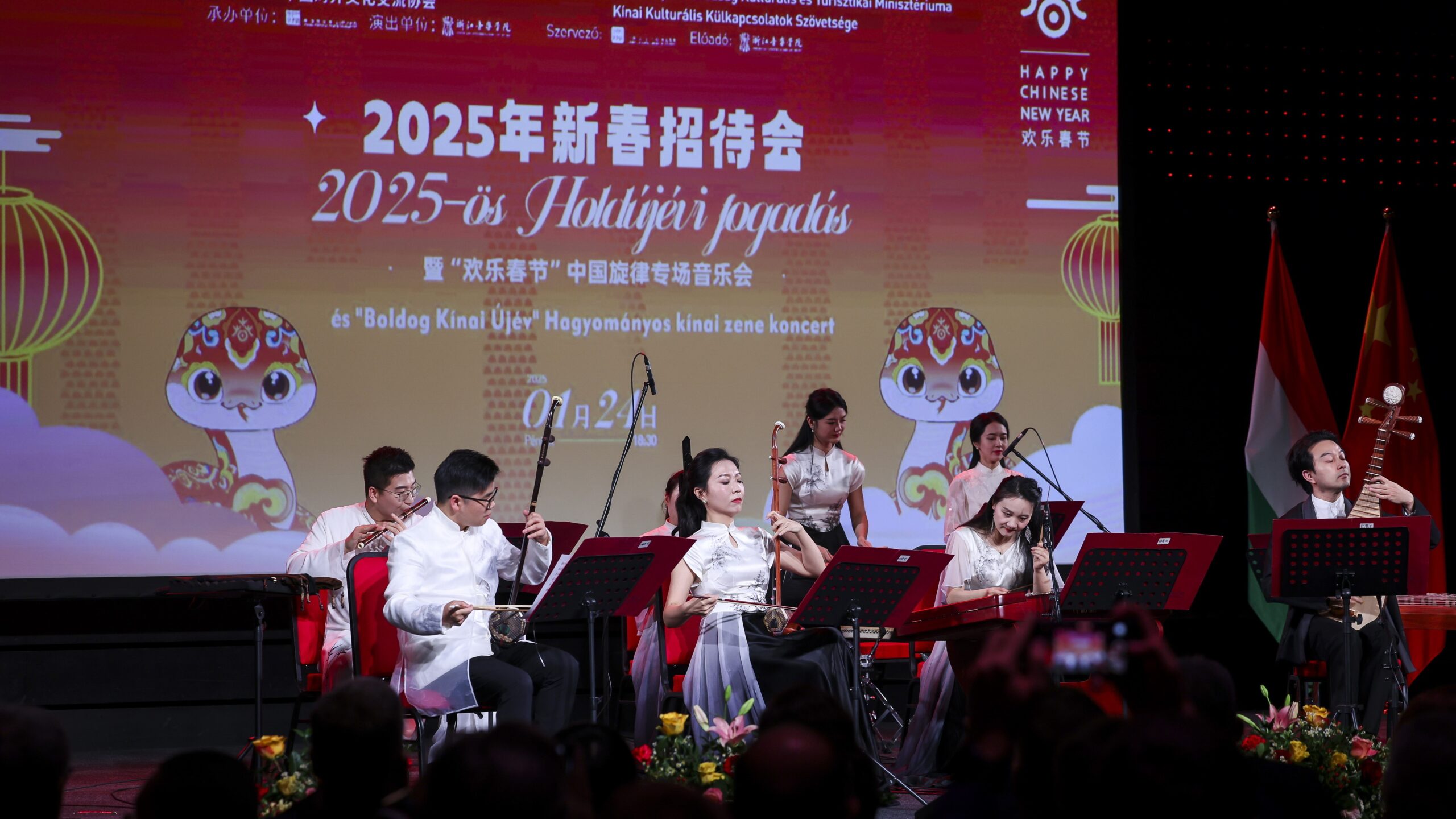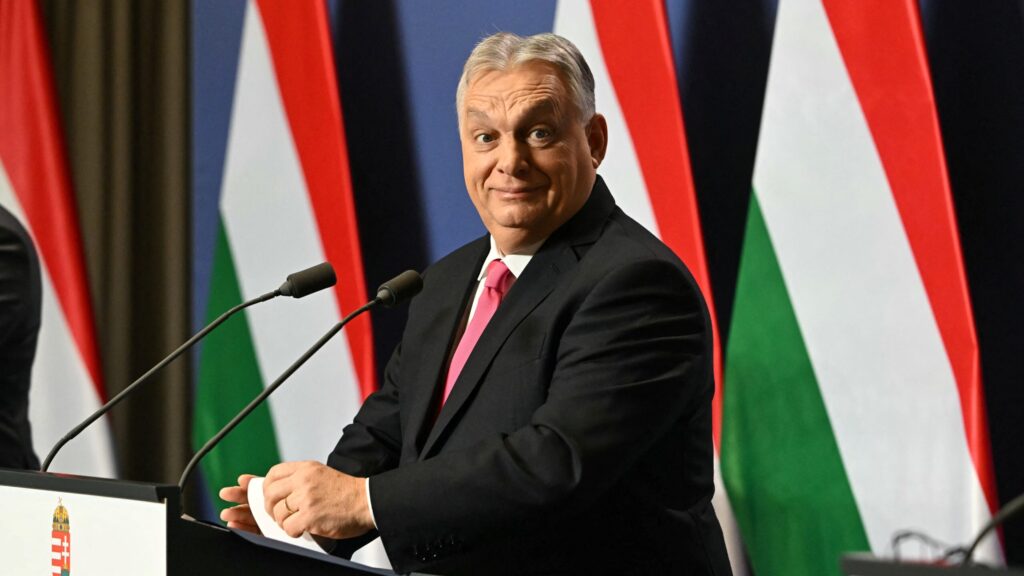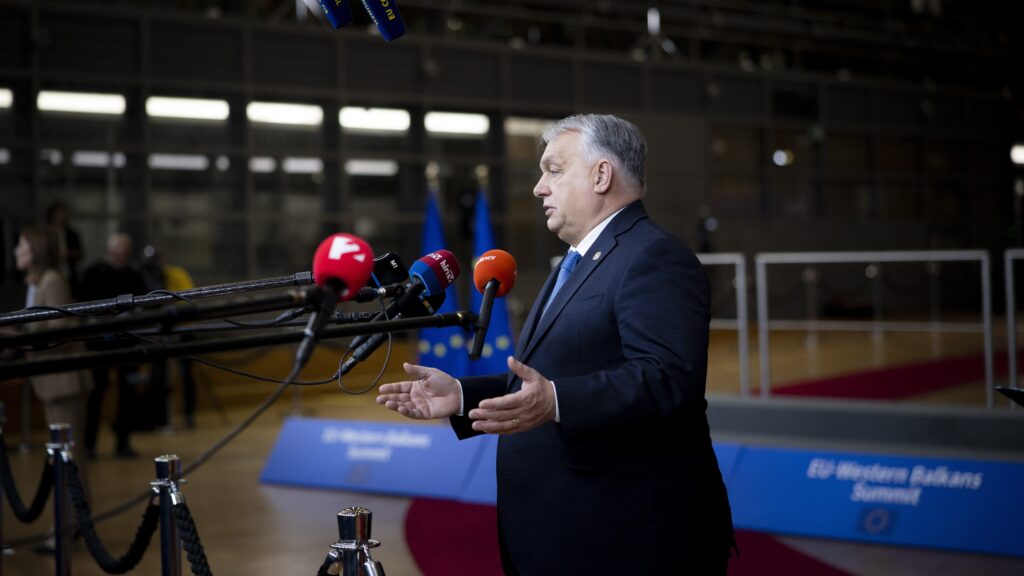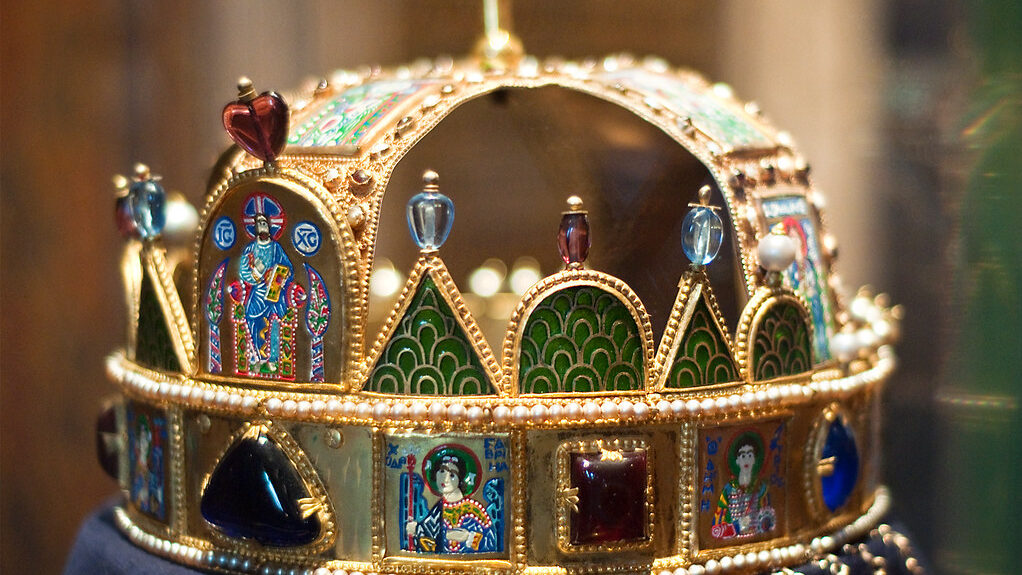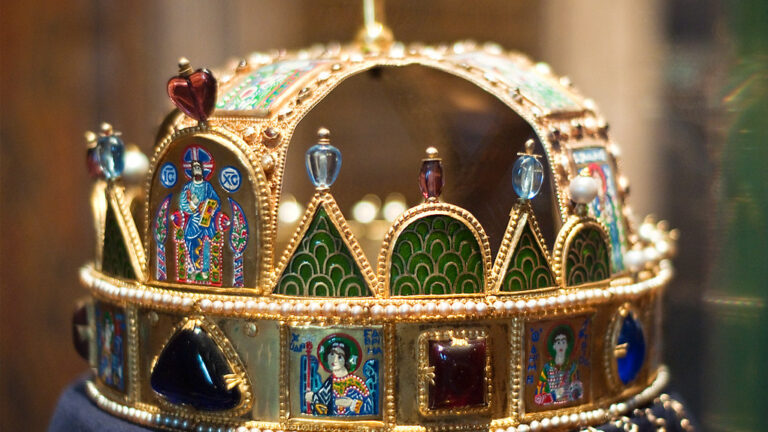Hungary’s dedication to deepening its ties with China took centre stage at a Lunar New Year celebration in Budapest, where Balázs Hankó, Minister for Culture and Innovation, underscored the mutual benefits of the partnership. The event marked China’s most significant traditional holiday, known as the Spring Festival, which in 2024 was added to UNESCO’s list of Intangible Cultural Heritage.
Reflecting on the collaboration, Hankó highlighted 2024’s key achievements, including the 75th anniversary of diplomatic relations between the two countries. This milestone year saw the opening of the Liszt Institute in Beijing and the Chinese Cultural Centre in Budapest, initiatives designed to foster long-term cultural and diplomatic engagement.
‘These accomplishments demonstrate that our nations value and respect one another, paving the way for continued cultural collaboration,’ the minister stated.
Hankó emphasized the growing presence of Hungarian and Chinese culture in each other’s societies. Numerous events over recent years have showcased the richness and diversity of both cultures, contributing to a surge in interest in Chinese language and traditions in Hungary. This enthusiasm is reflected in the success of Confucius Institutes across the country.
‘Hungary’s unique bilingual Chinese-Hungarian school provides a parallel curriculum in both languages’
Educational partnerships are also flourishing. Hungarian universities and research institutions are actively collaborating with Chinese counterparts in areas such as innovation, healthcare, and sustainable development. A notable example is Hungary’s unique bilingual Chinese-Hungarian school, which provides a parallel curriculum in both languages and remains a standout institution in Central and Eastern Europe.
The minister also highlighted the 14 Chinese universities offering Hungarian language courses. Collaborative efforts include student and faculty exchange programmes, joint research initiatives, and plans for a Chinese-Hungarian rectors’ forum. Additionally, a joint engineering programme will soon launch in Szeged.
Hankó underscored that these collaborations not only enhance educational and cultural ties but also solidify the traditional friendship between the two nations. ‘These efforts play a vital role in preserving our shared heritage, fostering cultural enrichment, and exchanging knowledge in education and innovation,’ he said.
The cultural institutes established in the respective countries further this mission by promoting mutual understanding, sharing heritage, and inspiring new forms of collaboration.
Gong Tao, the Ambassador of the People’s Republic of China, expressed optimism for the future, noting that the relationship between the two nations has entered a ‘golden age’. As the Year of the Dragon transitions to the Year of the Snake—a symbol of wisdom and transformation—Gong emphasized the promise of continued prosperity in Hungarian-Chinese relations throughout 2025.
Related articles:

